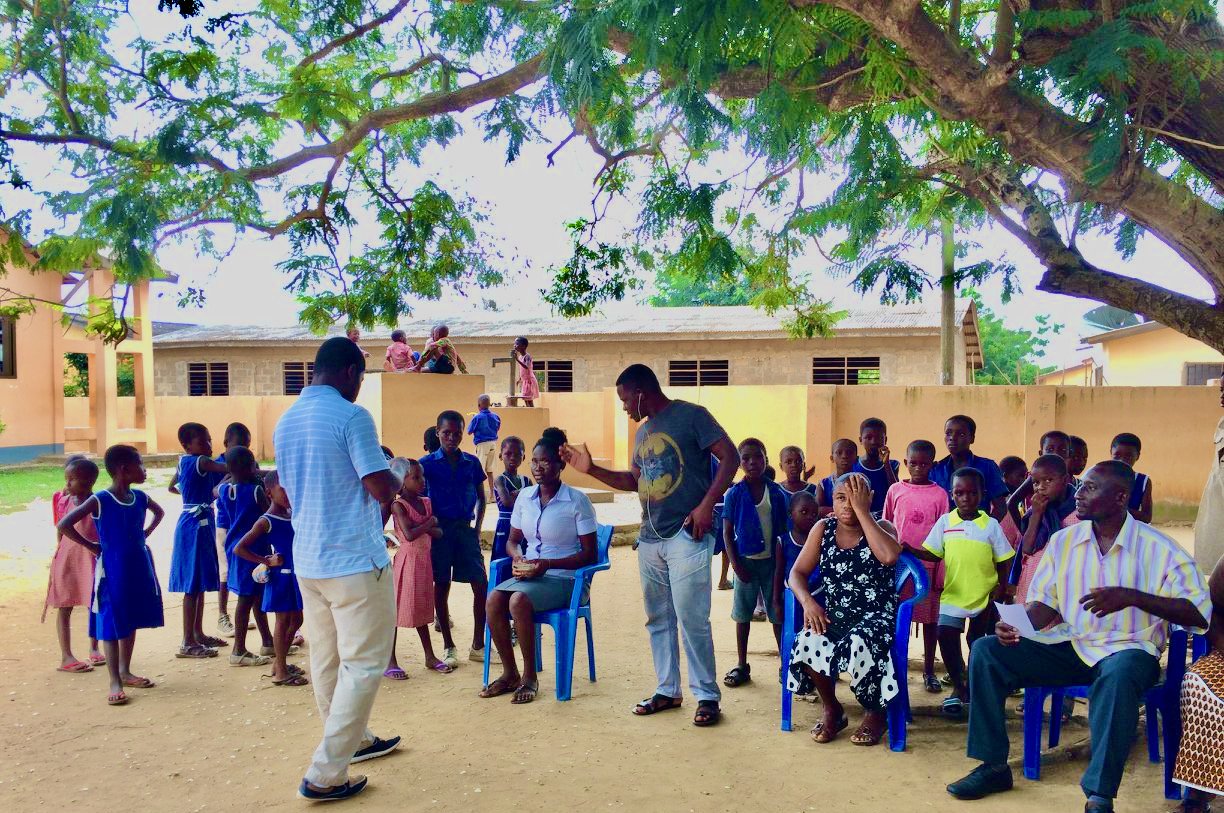
CERTIFICATE IN PUBLIC HEALTH MANAGEMENT
Module 7: Evaluation Systems
Currently, non-profit organizations do not have a uniform set of high quality performance management tools to use when analyzing data and evaluating impact. Establishments use basic tools like spreadsheets and databases to follow their results, which can often be time consuming and tedious. Instead of all independently developing similar software for evaluations, initiatives such as NPOKI (NonProfit Organizations Knowledge Initiative) and LINGOs (Learning for International NGOs) strive to bring nonprofit groups together so they can collaborate with one another, and share past experiences of successful practices and lessons learned.
Non Profit Organizations Knowledge Initiative (NPOKI)
NPOKI was founded in 2005 as a partnership between international health organizations, investors, and NGOs. The collaborative body centers on performance management technology, offering information management and support systems that are helpful in monitoring projects, examining financial contributions and outcomes, and allowing NGO members to share evidence and data with one another.(1)
NPOKI has several goals that serve as indicators to monitor its own success. First, NPOKI strives to improve the value and efficiency of health programs by offering them access to a system of information that is current and easily comparable. For this goal, the indicator of success is the quantity of organizations that use the system when planning and making decisions. NPOKI also aims to reduce the repetitiveness of monitoring and reporting systems, and the success is measured by the number of hours and reports on results that members prepare each year, as well as the use of commonly agreed upon measures and standards. Another objective is to encourage nonprofit organizations to save money and time spent on developing project management tools, and instead increasing users and projects of their jointly developed system.(2)
NPOKI’s management system is entitled MERIT, which stands for Monitoring, Evaluation, Reporting, and Integration Tool. This system is web-based, permitting project teams to establish program indicators that can work within multiple frameworks and effectively record details. The system is flexible, allowing for authorities to control viewing and editing settings and select their own unit of measure. The key technological components of MERIT include a “monitoring and results framework, comprehensive indicator pool and performance monitoring plan, easy data input and robust analysis platform, and web-based, secure development platform.” Through partnerships with organizations, NPOKI strives to extend its resources and shared knowledge to the broader global health community.(3)
Humentum
Similar in some respects to NPOKI, Humentum is an organization that merged three international associations to combine their areas of expertise in order to have a greater global reach. In 2017, InsideNGO, LINGOs, and Mango created Humentum to integrate learning, capacity building, and essential operations capabilities together, allowing Humentum to support organizations whose goal is to improve the health of vulnerable communities globally.(4)
InsideNGO comprised over 300 international NGOs and sector experts in international development and provided training, learning, and networking opportunities to enable members to build and grow both their operational and management capacity.
Learning for International NGOS (LINGOs) was an international association consisting of 45 organizations dedicated to improving human health. This virtual not-for-profit capacity building organization specialized in eLearning to provide accessible and affordable learning opportunities for people in the developing world.
Mango was a charity and social enterprise based out of the United Kingdom that specialized specifically in financial management. Its goal was to build the financial management and accountability of NGOs by providing training, capacity development projects, and advisory services.
A need to merge these three organizations arose in response to the challenges of creating evaluation systems to exchange of information and best practices among NGOs. These challenges include achieving greater transparency, accountability, and localization among local NGOs in the global south and other developmental work. Due to Humentum combining capacity building with services specific to NGOs, it can overcome these challenges and deliver a wide range of techniques and best practices to organizations globally, thereby increasing the success of implemented programs in vulnerable populations.
Conclusion
Recently formed organizations such as Humentum and established programs such as NPOKI provide nonprofit organizations with starting tools for metrics. These alliances of multiple nonprofits create a network of sharing information and lessons learned, as well as supplying helpful technology systems to monitor and evaluate impacts.
Footnotes
(1) NonProfit Organizations Knowledge Initiative. (2010). "About NPOKI" https://www.npoki.org/#.
(2) Ibid.
(3) "NPOKI Monitoring & Evaluation, Reporting & Indicator Tool." (7 July 2009). https://www.npoki.org/wp-content/uploads/2009/08/NPOKI-One-Page-09.08.12.pdf.
(4) Mumford, J. (12 July 2017). "LINGOs, InsideNGO and Mango Announce Merger."lingos.org/archives/lingos-insidengo-mango-announce-merger/.
